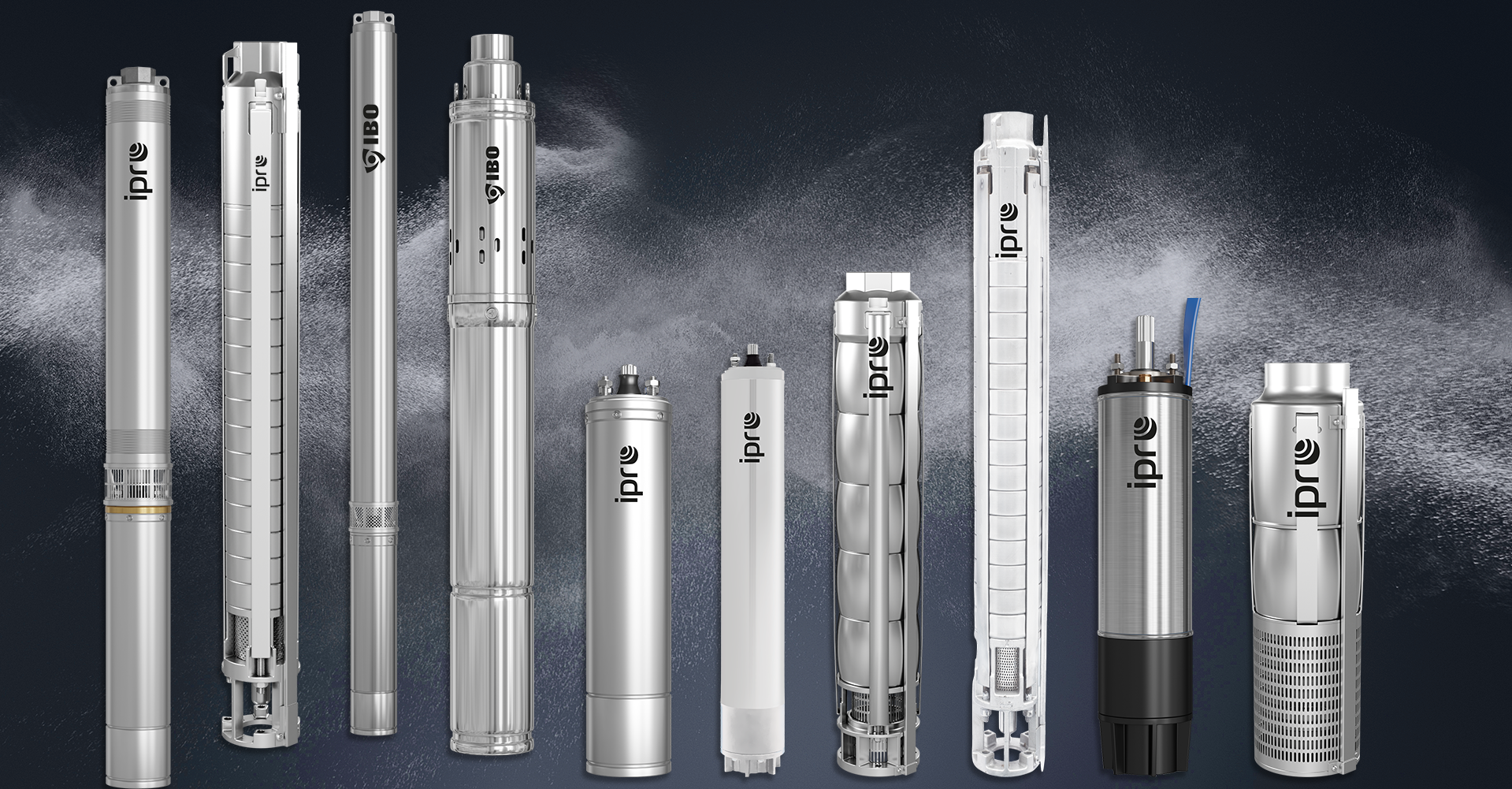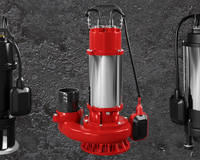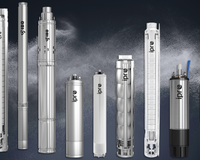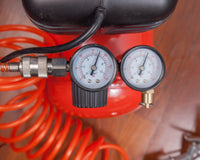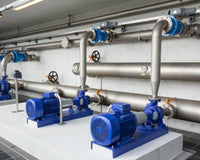Water intake, regardless of whether it is performed for the needs of the household, for the needs of agriculture or the needs of a large factory, should always be effective, trouble -free and smoothly. However, to achieve this goal, it is very important to use appropriate accessories that are distinguished by high quality and are perfectly compatible with each other. One of the amenities that is worth using is the inverter - not only recommended, but even necessary for the proper operation of the entire structure. What are inverters? What are they characterized by? How do they work? And why is it worth using them? We explain these issues in our article.
Inverter - characteristics and application
The inverter is an electronic device, which allows you to control one or many pumps. His other names are a frequency converter and a CPS frequency converter. The main task of this important element is to maintain the right pressure value, regardless of the current demand for water. The use of inverter saves electricity, and at the same time increases the efficiency of the entire installation, providing excellent and quiet operation, as well as the reliability of the system.
The inverter is not only recommended, but even necessary for the proper functioning of a modern installation. This small element makes the pump operation comfortable and automatic. No wonder that inverters can be found in many installations, including:
- professional water supply installations that supply water houses with water,
- installations for irrigation of gardens and arable fields,
- industrial installations, whose smooth operation is necessary for the proper functioning of the machines,
- as well as in installations whose goal is to reduce groundwater level.
A deep pump with inverter - why is it worth it?
Inverters are used in both small and large water installations because they show many advantages. Some of them are:
- multifunctionality and the possibility of use in households, rural farms, gardening, rainwater, construction, water supply, as well as industry,
- elimination of a hydrophore tank that requires a large area,
- constant pressure guarantee and regardless of water intake,
- no pressure jumps, and thus a longer life of both the pump itself and the entire installation,
- No so -called hydraulic impacts,
- Reduction of electricity consumption: The use of inverter allows you to reduce the operating costs of the deep pump by up to 40%,
- additional possibilities, such as automatic restart, which increases our convenience,
- Alarm register, which informs us about current threats,
- dry protection, i.e. minimizing the risk of blurring pumps,
- protection against overload, especially in the case of the pump rotor blocking,
- protection against low and high voltage,
- protection against disappearance and asymmetry of the phase,
- convenient and quick assembly,
- convenient service, the menu also available in Polish,
- compatibility with most pumps available on the market (but note: inverters interact with pumps of different power, so it is necessary to check all the basic parameters),
- the possibility of building multi -pump sets and support for up to six pumps,
- various assembly options: wall installation, assembly on a discharge pipeline, installation directly on the pump,
- high quality and low failure rate.

